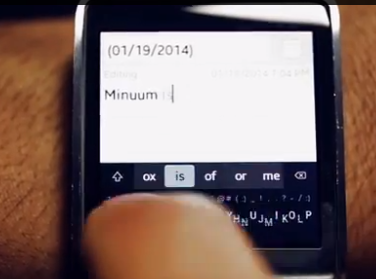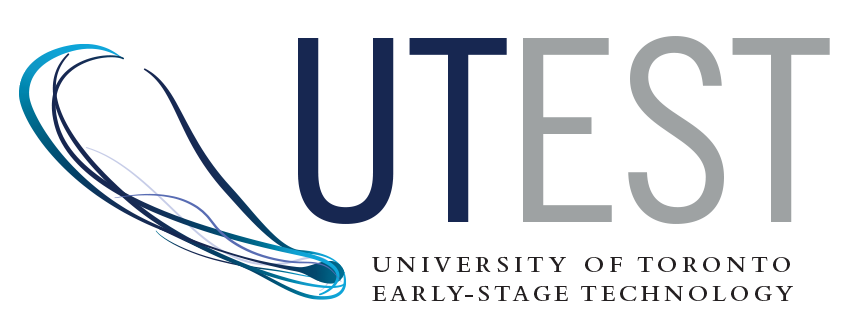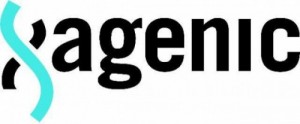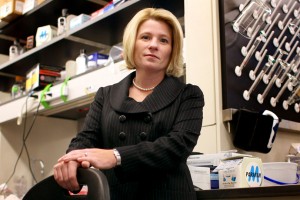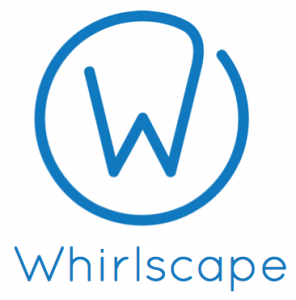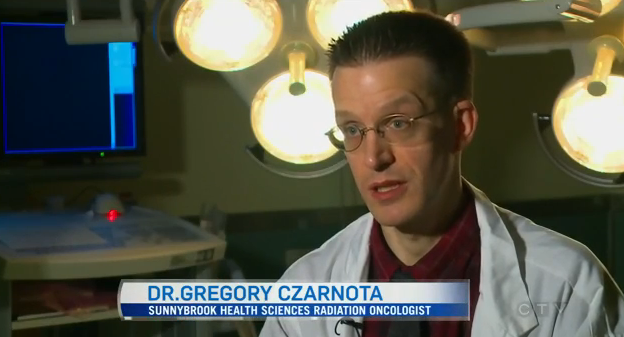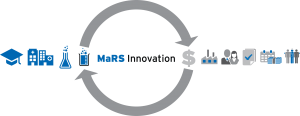Council of Academic Hospitals features WaveCheck technology and crowdfunding campaign
 The Council of Academic Hospitals of Ontario’s online magazine highlighted WaveCheck on February 3, 2014 as a more personalized approach to cancer treatments because of the technology’s ability to effectively monitor chemotherapy response.
The Council of Academic Hospitals of Ontario’s online magazine highlighted WaveCheck on February 3, 2014 as a more personalized approach to cancer treatments because of the technology’s ability to effectively monitor chemotherapy response.
WaveCheck’s technology, invented by Dr. Gregory Czarnota of Sunnybrook Health Sciences Centre and Professor Michael C. Kolios of Ryerson University, allows women and men undergoing chemotherapy for breast cancer to know if their treatment is working at the beginning of treatment (within one to four weeks) rather than at the end of treatment (typically four to six months).
Here’s an excerpt from the article:
Breast cancer is the most common cancer among Canadian women, excluding non-melanoma skin cancers. It is the second leading cause of death from cancer in women in this country. The Canadian Cancer Society estimated that, in 2013, 65 Canadian women would be diagnosed with breast cancer every day, totaling 23,800 women a year; and 14 Canadian women would die from breast cancer every day, totaling 5,000 women a year. According to the Canadian Breast Cancer Foundation, one in nine Canadian women is expected to develop breast cancer during her lifetime; one in 29 will die from it.

